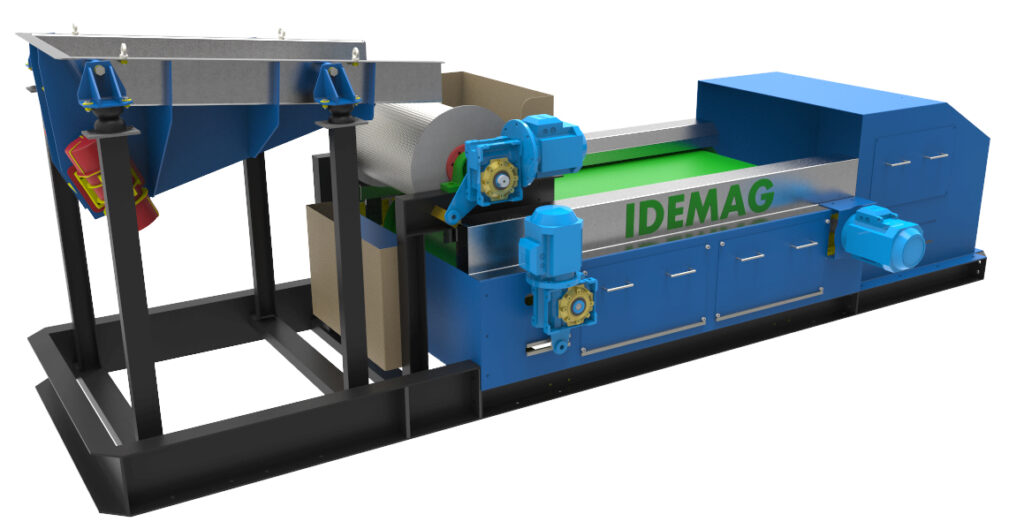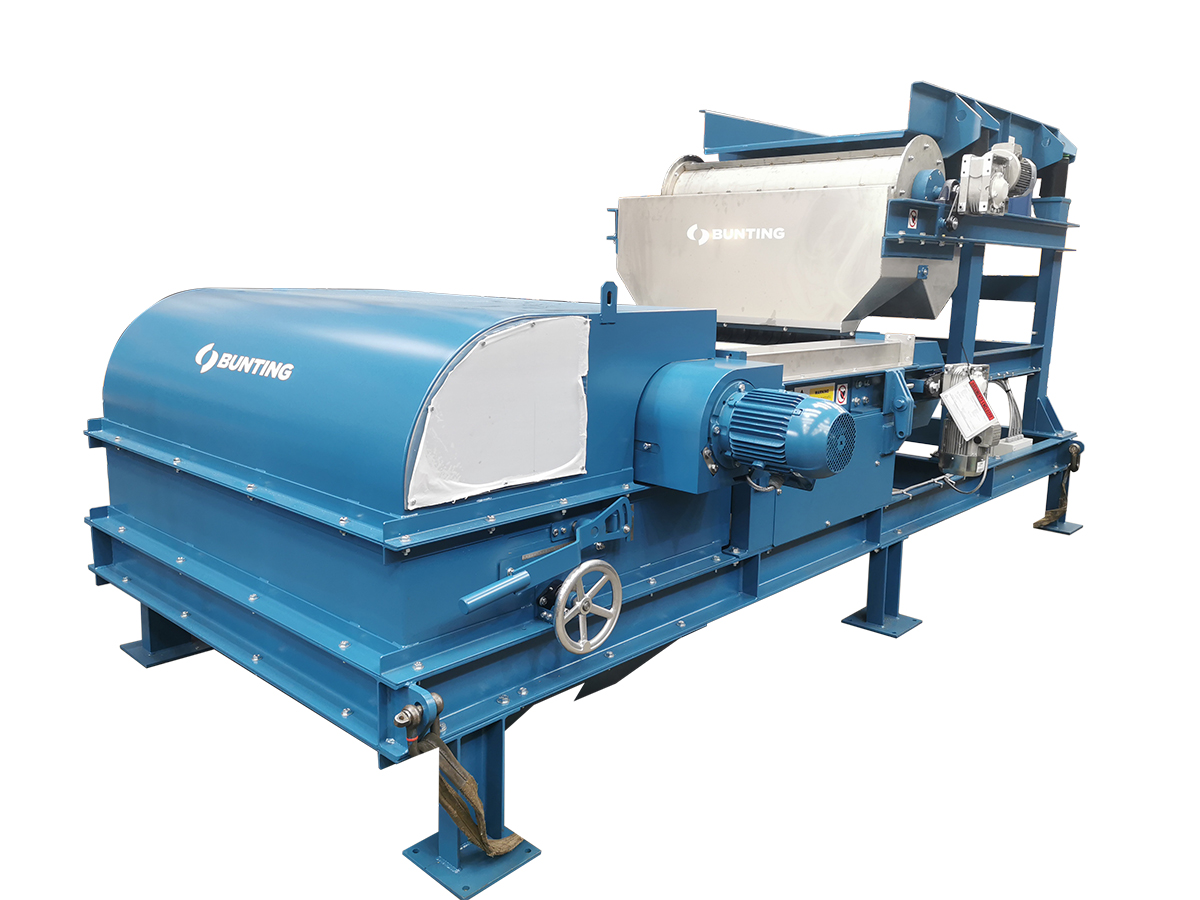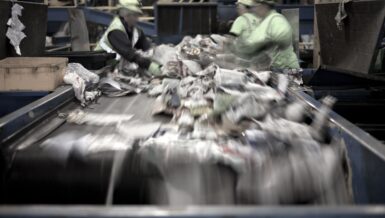Metal separation is crucial in recycling processes for several reasons:
Resource Conservation:
Metals are valuable resources that can be reused endlessly without losing their properties. Separating metals from other materials ensures that they can be recycled and reintroduced into the manufacturing process, reducing the need for virgin raw materials.
Environmental Impact:
Extracting metals from ores is energy-intensive and often environmentally damaging.
By recycling metals, we reduce the need for mining and the associated environmental degradation, including habitat destruction, water pollution, and greenhouse gas emissions.

Waste Reduction:
Proper metal separation minimizes the amount of waste sent to landfills or incinerators. Since metals are non-biodegradable, they can persist in the environment for centuries if not properly disposed of, posing risks to ecosystems and human health.
Energy Savings:
Recycling metals typically requires less energy compared to producing them from virgin sources. Metal separation allows for more efficient recycling processes, leading to significant energy savings and reduced carbon emissions.
Economic Benefits:
Recycling metals contributes to the economy by creating jobs in collection, sorting, processing, and manufacturing. Additionally, recycling reduces the dependency on imported raw materials, which can stabilize prices and improve trade balances.

Quality Control:
Separating metals from other materials ensures the purity and quality of recycled metal products. Contamination from non-metallic materials can weaken metal alloys and affect the performance of manufactured goods.
Urban mining?
it involves extracting valuable resources from electronic waste, while recuperation solutions focus on recycling and reusing materials. Implementing efficient e-waste collection systems and advanced recycling technologies can contribute to sustainable urban mining and reduce environmental impact. Additionally, raising awarenessabout responsible disposal practices is crucial for fostering a circular economy.

























